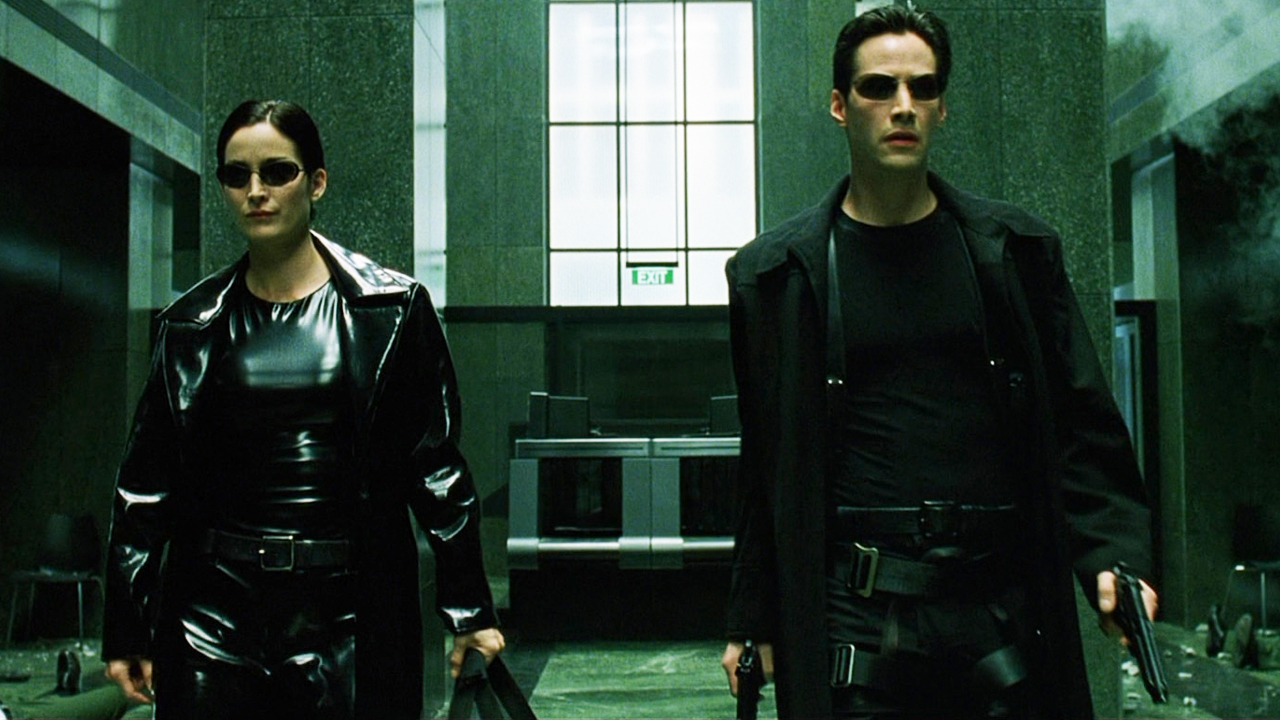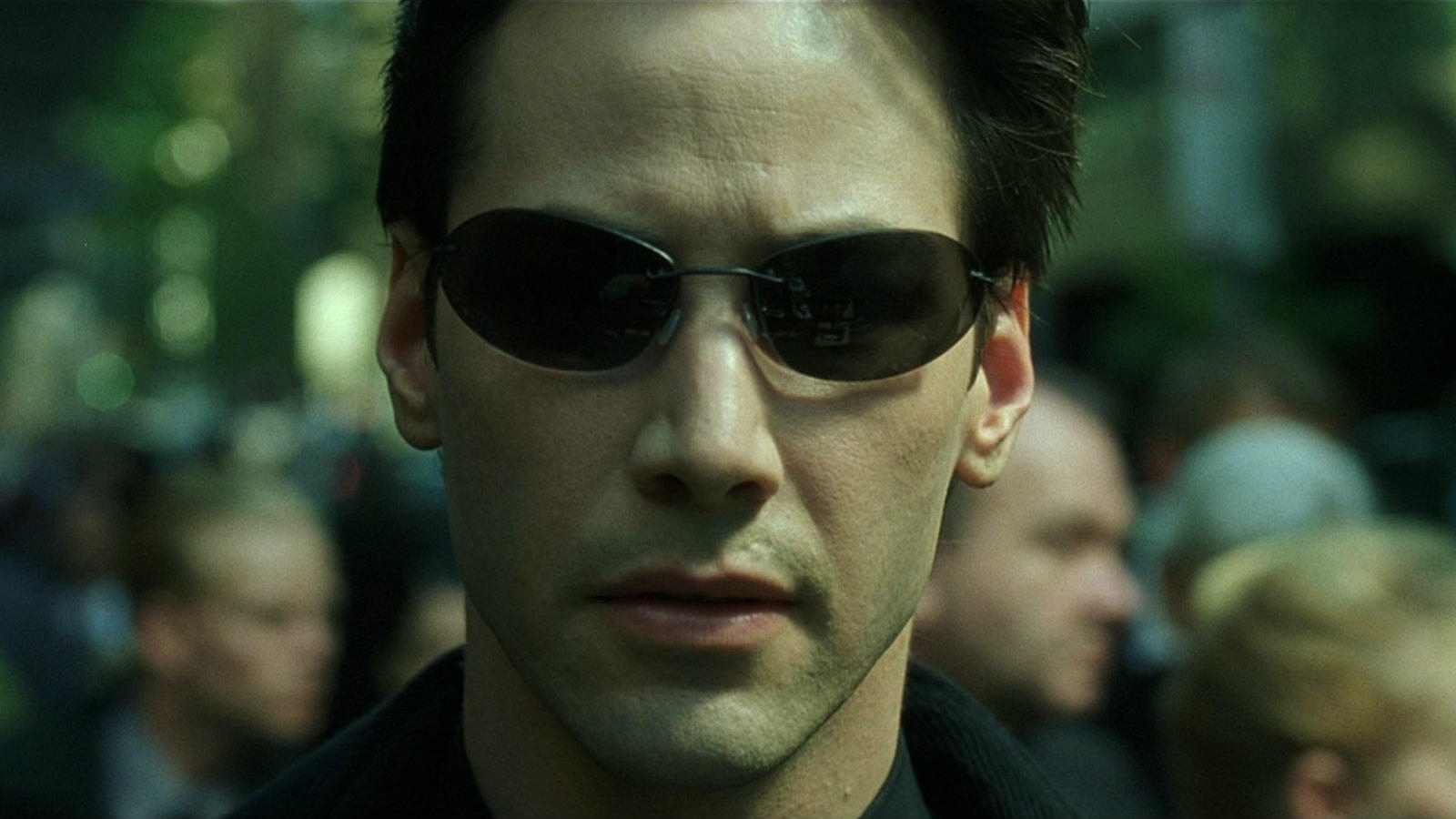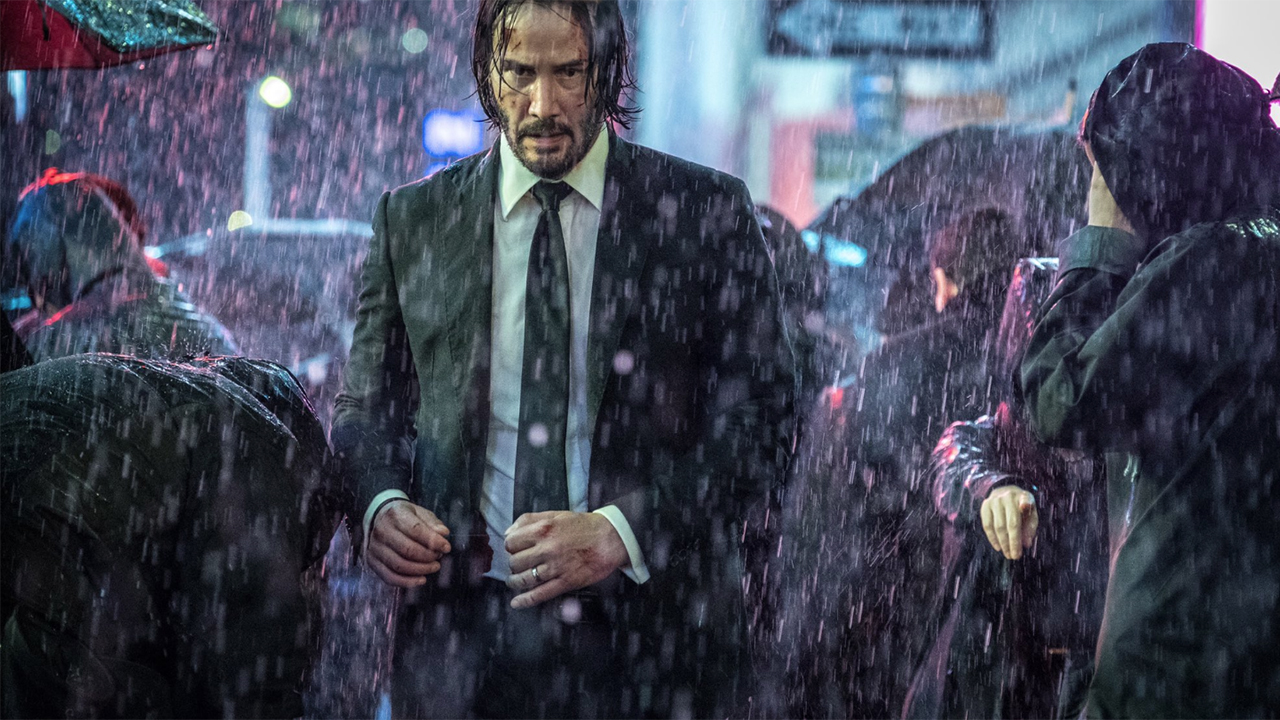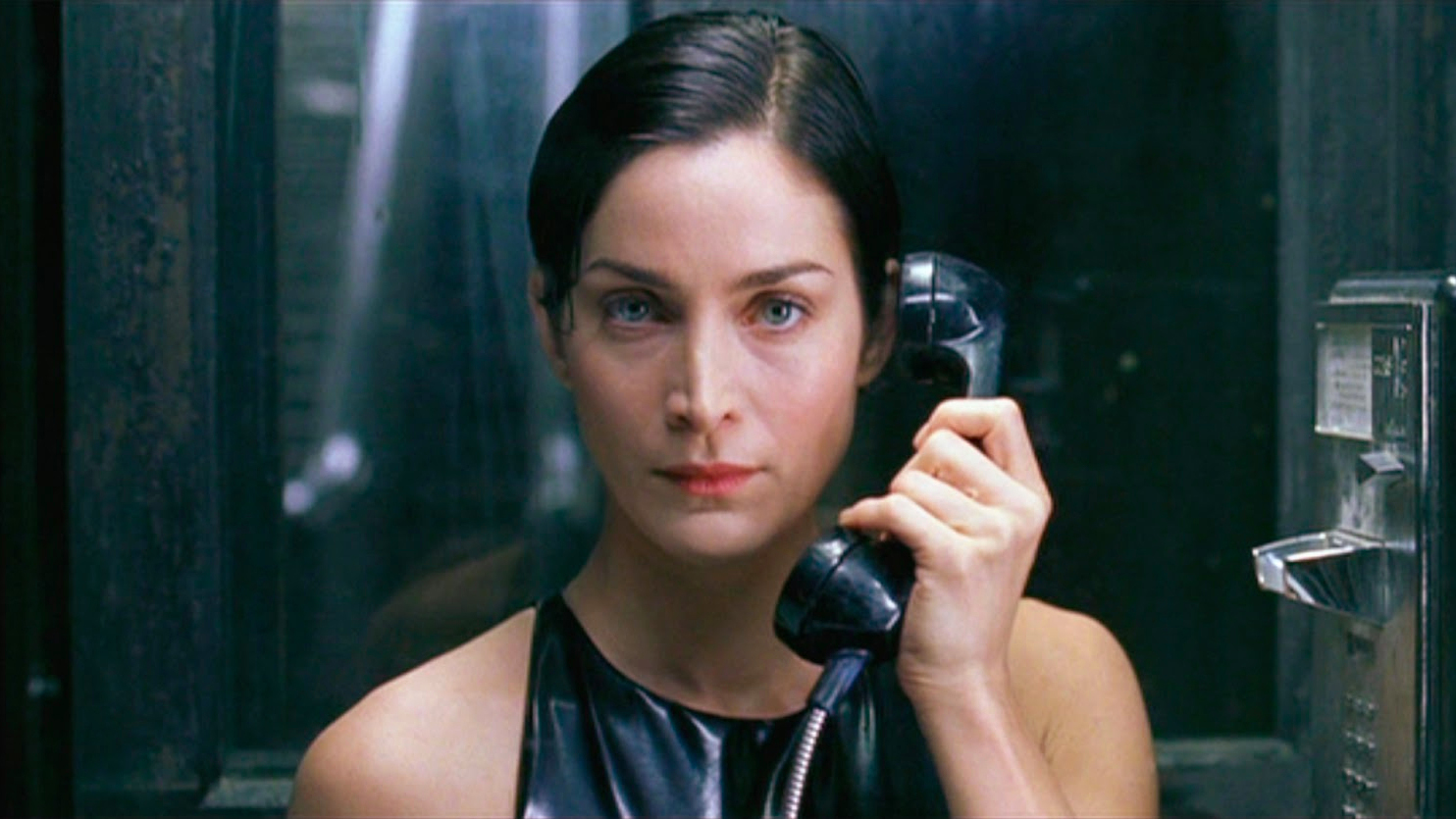Franchise fatigue and endless sequels: Why 2018 proves we need another Matrix
The Matrix was original, surprising, and an unexpected hit - and in the era of reboots, sequels, and franchises, we need more films like it

1999 was supposed to be about one movie and one movie only. It had been 16 years since Return of the Jedi and an entire planet was ravenous for the first new Star Wars movie in a generation. It’s hard to imagine in a world where trailers are instantly available to imagine, but anticipation was so great that fans were buying cinema tickets for other movies just so they could watch the Episode I trailer. Many didn’t even hang around to watch Brad Pitt’s Meet Joe Black and Bruce Willis vehicle The Siege (remember those?), walking out before they’d even started.
The trouble was, The Phantom Menace was not the film most of them wanted. Instead of Jedi knights kicking ass in the Clone Wars Obi-Wan Kenobi had talked about all those years ago, we got trade disputes, a cute, pre-teen Darth Vader, and a cartoony CGI sheen light years from the gritty worlds of the Star Wars they knew and loved. Come the end of the year, most sci-fi fans were talking instead about a film from a pair of unknown siblings whose only previous directing credit was a low-key crime thriller called Bound
Fronted by Keanu Reeves (at the time in a post-Speed career blip), The Matrix mixed then-unconventional influences like kung fu actioners and anime with a Terminator-like future dystopia where machines had enslaved the human race. It also used CG effects in a way we genuinely hadn’t seen before, with the “bullet-time” effect becoming instantly iconic. The Wachowskis captured the zeitgeist in a way that Jar Jar Binks had not – The Matrix was so hot it even made a star of a mobile phone.

Now, at the end of yet another year dominated by franchise movies, we need another Matrix more than ever – y’know, the kind of blockbuster that takes everyone by surprise and infiltrates pop culture so instantly that it leads its own narrative, rather than feeding on what’s come before.
Franchise movies are nothing new, of course – the Planet of the Apes saga was churning them out in the ’70s, before Jaws 2 and The Empire Strikes Back came along – but never have they been dominant to the point where they’re outperforming everything else. In this year’s worldwide box office chart, you have to go down to the surprisingly successful Bohemian Rhapsody at number eight to find a movie that isn’t the continuation of an existing franchise.

The most anticipated upcoming movies of 2019 and beyond
The bean counters at the major studios won’t have a problem with the franchises owning the box office, of course – it’s a business, so why would they gamble on an unknown property if something with an existing pedigree is going to make you more cash? As mind-bendingly brilliant and original a piece of cinema as the manga-inspired sci-fi Groundhog Day or Edge of Tomorrow was, your Tom Cruise star vehicle is much more likely to be a mega-hit if it has “Mission: Impossible” in the title.
If going back to the cash cows of the Marvel Cinematic Universe, Star Wars, and Mission: Impossible seems something of a no-brainer, however, it’s harder to see the logic of repeated returns to more mid-level franchises. It may have been over a decade since Angelina Jolie last pulled on Lara Croft’s vest, but did we really need this year’s reboot? Does a younger generation have to have its own Hellboy or Resident Evil? Surely Hollywood can do better than giving us existing characters played by new actors, or an edgier – or more grounded – take on old movies. By giving these franchises another shot, studios are denying a chance to original blockbusters – the next generation of Matrixes.
Get sneak previews, exclusive competitions and details of special events each month!

Indeed, in the current climate, it seems unlikely that any studio executive would take a punt on The Matrix if the script landed on their desk tomorrow. Who’s going to throw $100 million at unknown writers/directors to craft a non-franchise movie with no A-list stars. The only people with enough clout to go off-grid like that are uber-directors like Christopher Nolan, JJ Abrams, Steven Spielberg, and James Cameron – while Cameron has handed the reins on Alita: Battle Angel over to Robert Rodriguez, it’s long been his pet project, and after the mind-blowing success of Avatar, 20th Century Fox tends to give the director what he wants. Even the Wachowskis themselves, who threw everything they could at the screen in their exuberant 2015 space opera Jupiter Ascending, might struggle to get that kind of funding now – it’s a long time since they’ve directed a genuine box office smash.
The irony is, blockbuster scripts are arguably as good as they’ve ever been – the MCU, in particular, consistently finds the right blend of humour, heart, and jaw-dropping action sequences in a way we’d have killed for at the start of the century, when the majority of tentpole movies were critical duds (Reign of Fire, anyone?). And a slightly lower budget level, genuine originals like A Quiet Place and Get Out are still being made.
But with the disappointing performance of Solo: A Star Wars Story showing that cinemagoers don’t have infinite tolerance for movies from a galaxy far, far away, Hollywood has to accept that all franchises have a limited shelf life and that the boom time might not go on forever. If and when the world gets bored with Star Wars and the MCU, what steps into fill the void? We’ll be praying for another Matrix then.
Check out the best movies of 2018 and the best TV shows of 2018, according to... us
Richard is a freelancer journalist and editor, and was once a physicist. Rich is the former editor of SFX Magazine, but has since gone freelance, writing for websites and publications including GamesRadar+, SFX, Total Film, and more. He also co-hosts the podcast, Robby the Robot's Waiting, which is focused on sci-fi and fantasy.


